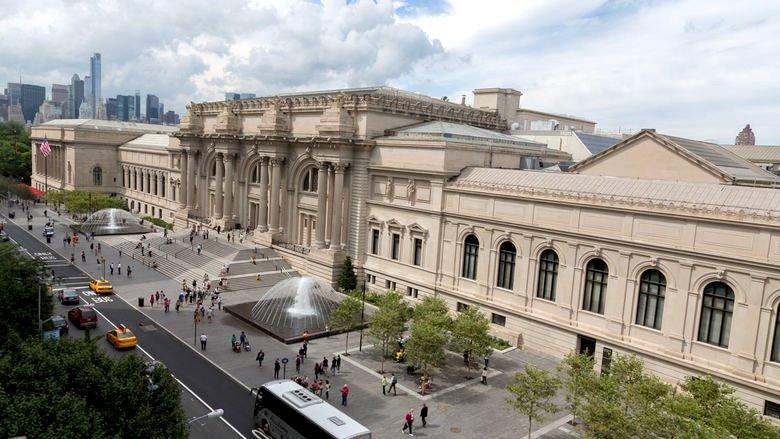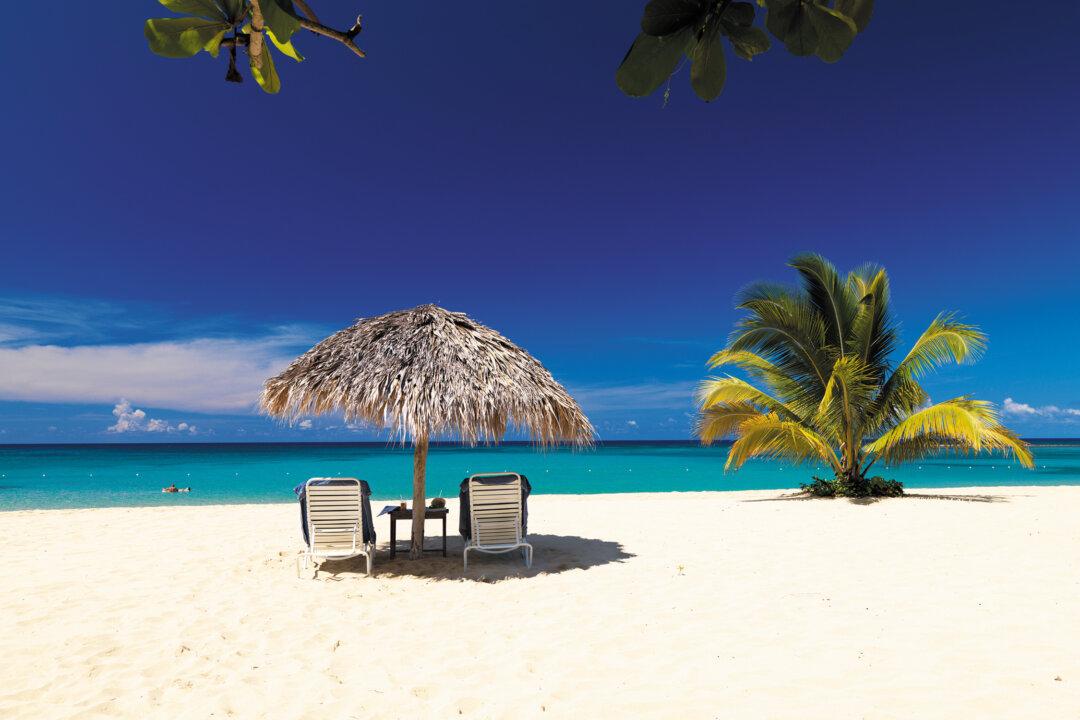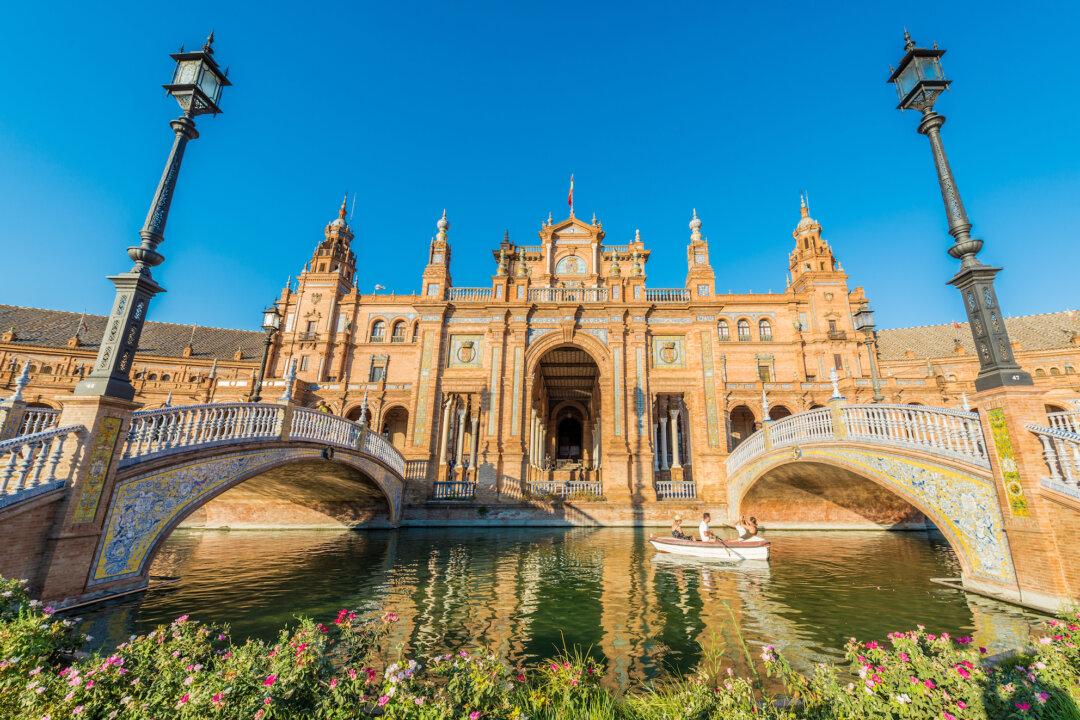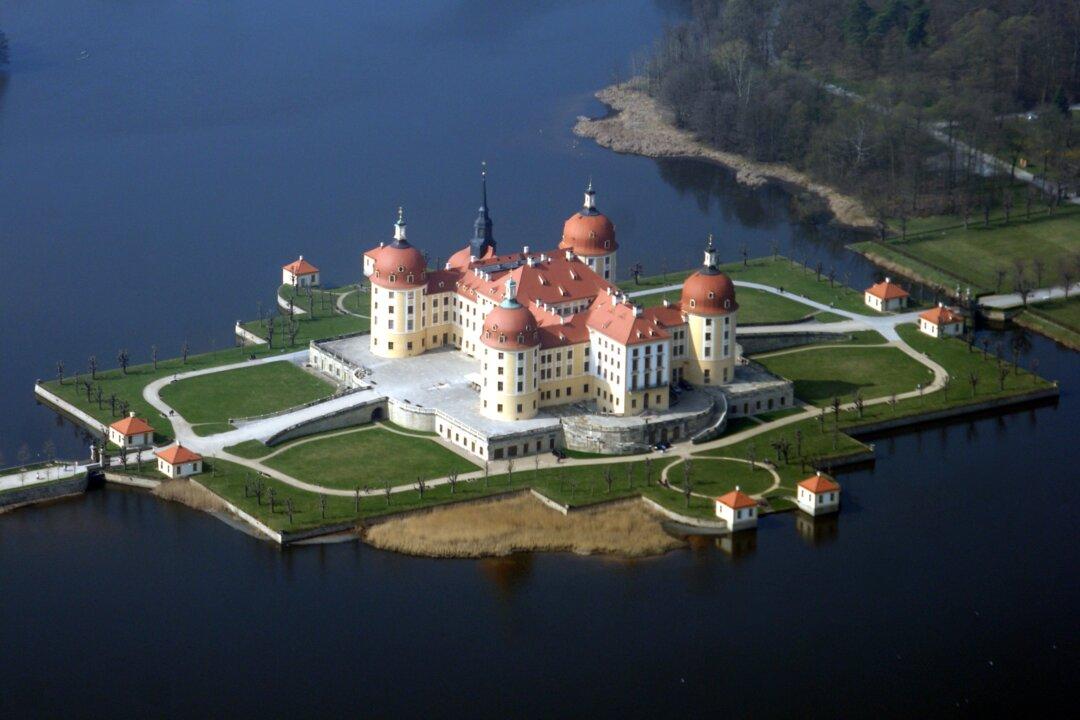Frankfurt is known as Germany’s most international city—a global hub for commerce, culture, education, and tourism. On my recent trip there it was evident that the country’s financial capital is indeed a world-class metropolis capable of preserving its historical roots and bridging the transition from old world to new.
Besides its distinctive apple wine and banking, Frankfurt am Main is renowned for its massive book and electronics trade fairs. The city is also the birthplace of Goethe, the writer, poet, and statesman and one of Germany’s most famous sons.
With the third-largest airport after London’s Heathrow and Paris’s Charles de Gaulle, a high-speed train network, and of course the autobahn, Frankfurt is easy to zip in an out of. The River Main meanders gracefully through the heart of the city, with bridges for access to and from the other side.
Frankfurt lies in the state of Hessen, where ancient Romans had a military camp which later became a buffer zone between areas dominated by the Saxons and the Franks. The city also happens to be smack in the middle of the Rheingau, Germany’s largest wine-growing region, whose forests cover 42 percent of the province.
The Rheingau is rich in history dating from the 7th century, as well as breathtaking scenery. And it’s all easily accessible by train or car.

Frankfurt's banking skyscrapers along the banks of the River Main. Central banks may have harmed banks more than they have helped them, once reason for stagnating global growth. Frankfurt Tourist+Congress Board
|Updated:
Frankfurt manages to marry traditional and contemporary architecture with its impeccably restored historic buildings.




